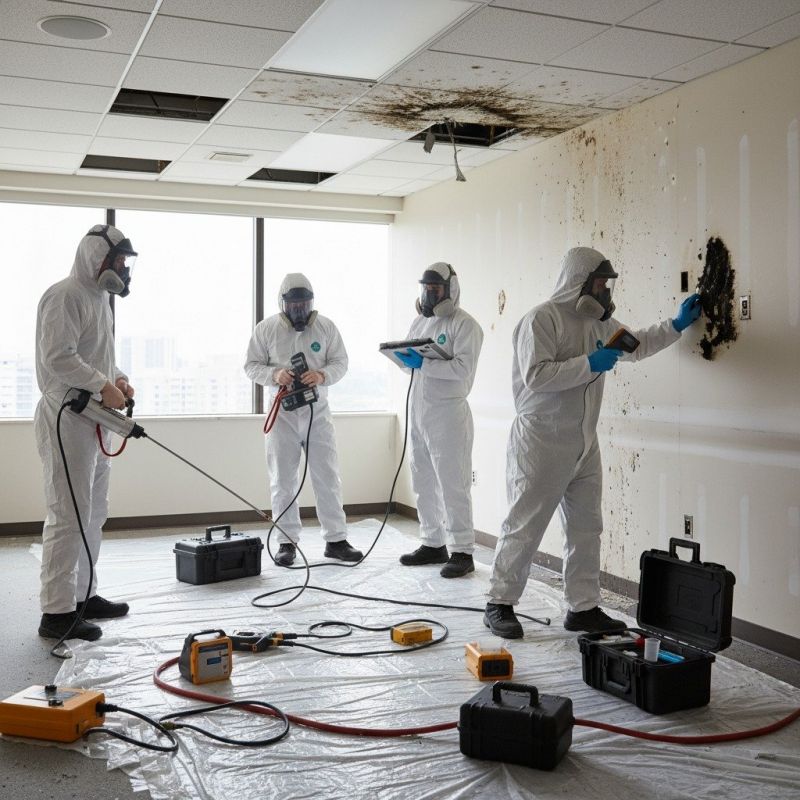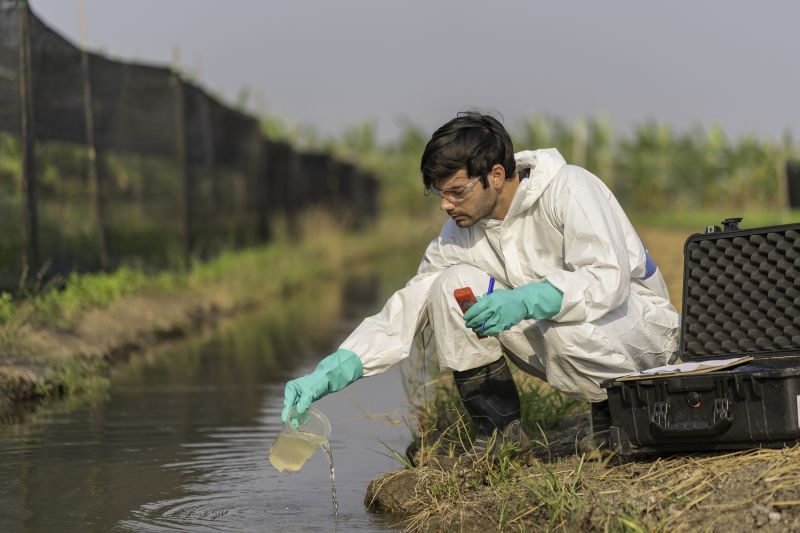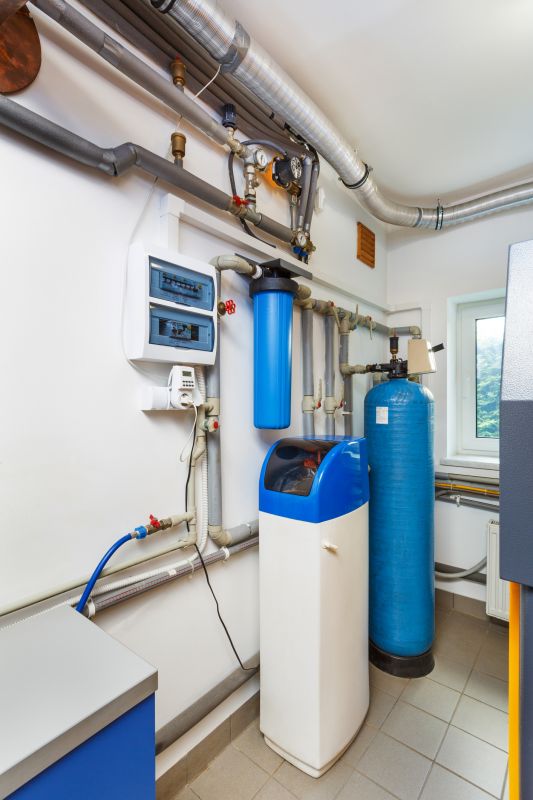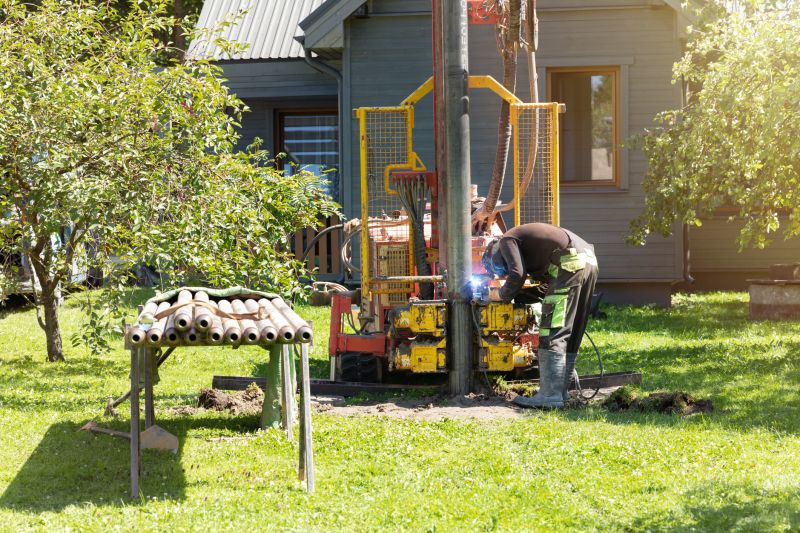Water Testing Services for Property Owners
Visitors will learn about local water testing services and how nearby contractors can assist with water quality needs.
- - Water testing services for residential homeowners seeking to ensure safe drinking water quality.
- - Commercial property owners needing to evaluate water systems for compliance and safety.
- - Local contractors and specialists who provide water testing and analysis for various property types.



Water testing services involve analyzing samples of water to assess its quality and safety. Property owners often seek assistance from local contractors who specialize in testing well water, municipal supplies, or private water sources. These professionals conduct comprehensive tests to identify contaminants, mineral levels, and other factors that may affect water safety and taste. Engaging with experienced local service providers ensures accurate results and guidance on any necessary treatment or improvements.
Connecting with nearby water testing experts allows property owners to compare options and find the right professional for their needs. Local contractors typically handle a variety of testing procedures, providing clear insights into water quality issues and recommendations for solutions. Whether dealing with concerns about taste, odor, or potential health risks, individuals can rely on trusted local pros to perform thorough testing and support ongoing water quality management.
This guide provides helpful information to understand the water testing process and what to consider when choosing a service provider. It assists in comparing local contractors to find the right match for your needs. By highlighting key factors, it helps you prepare to discuss your project with trusted local professionals.



